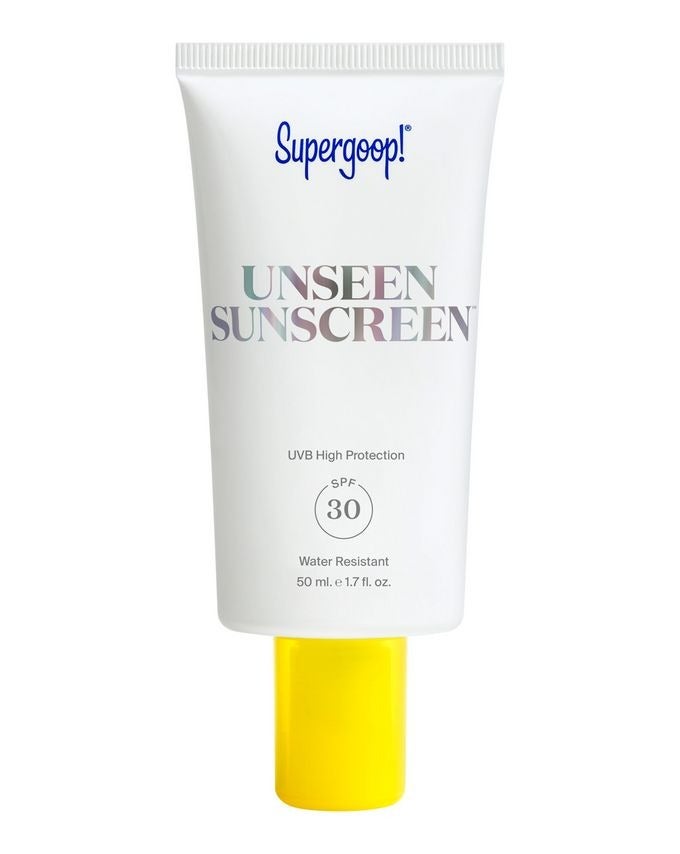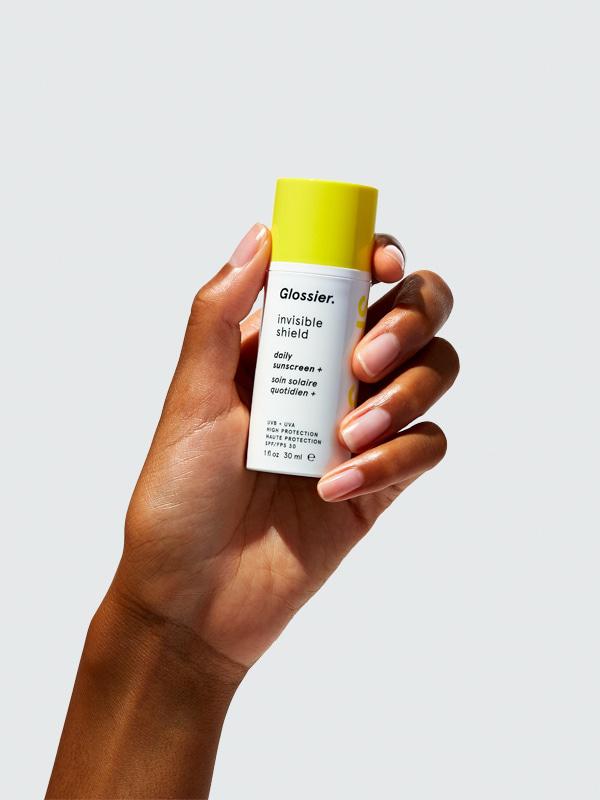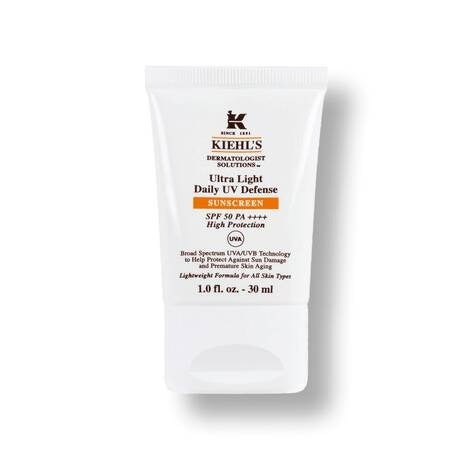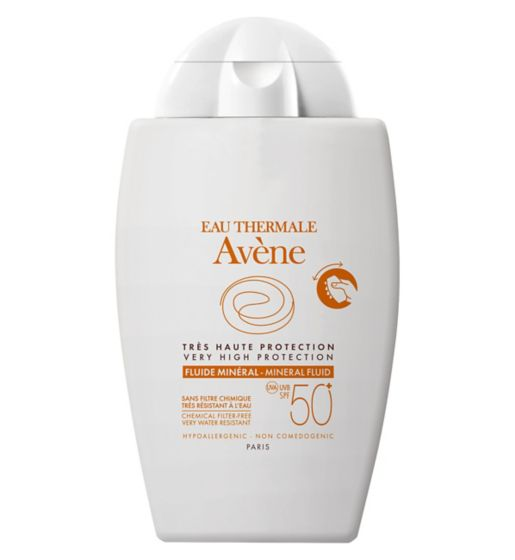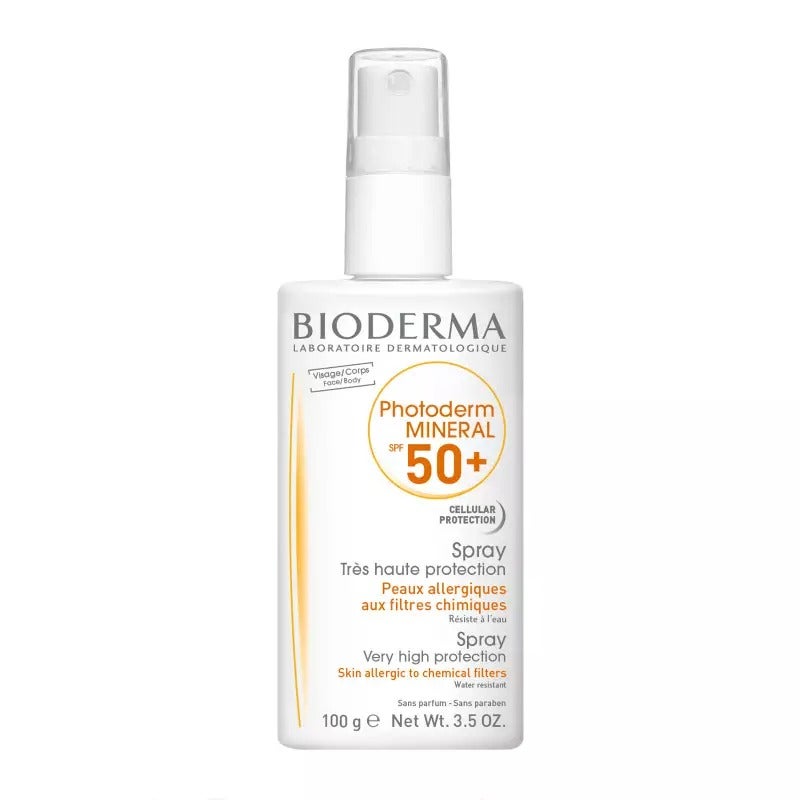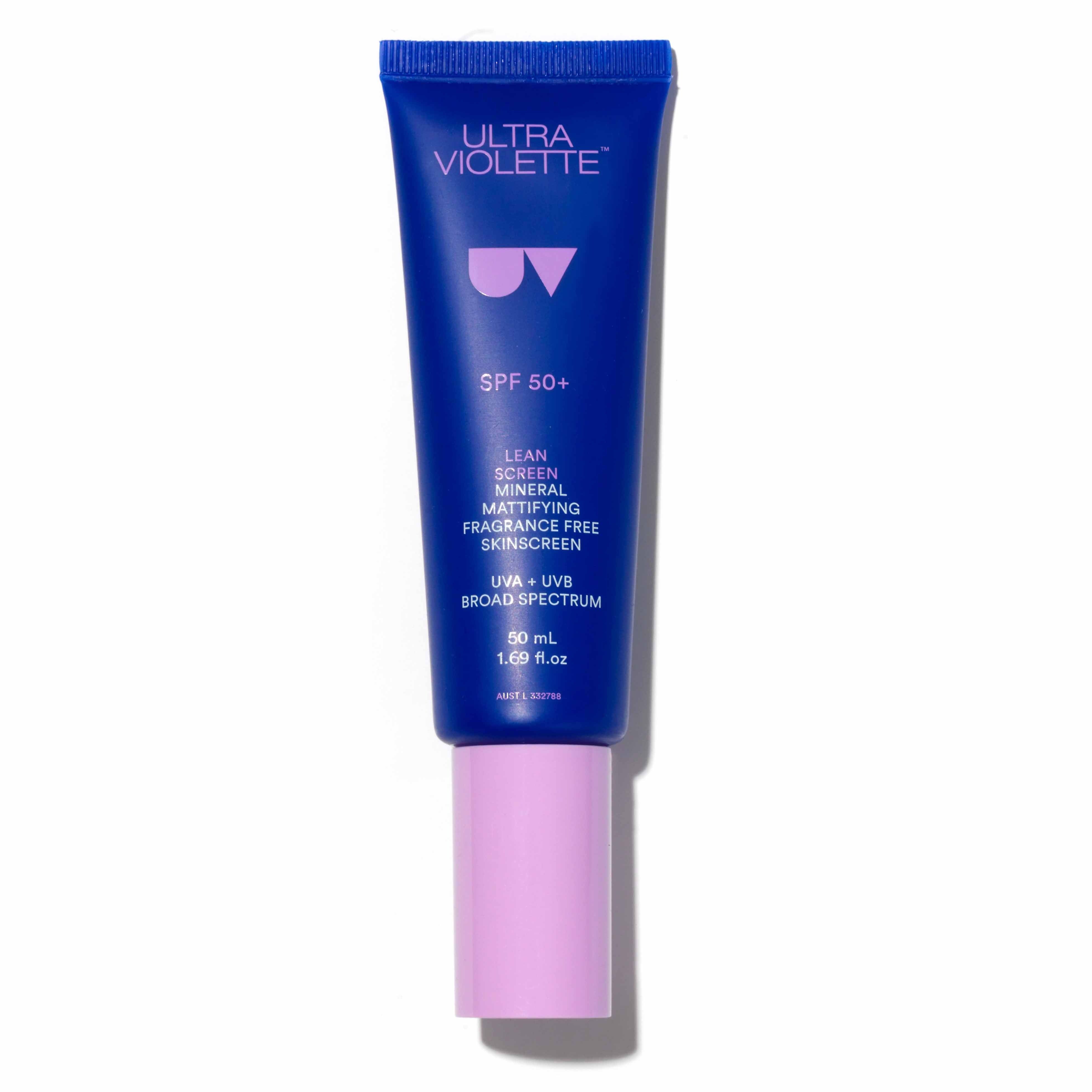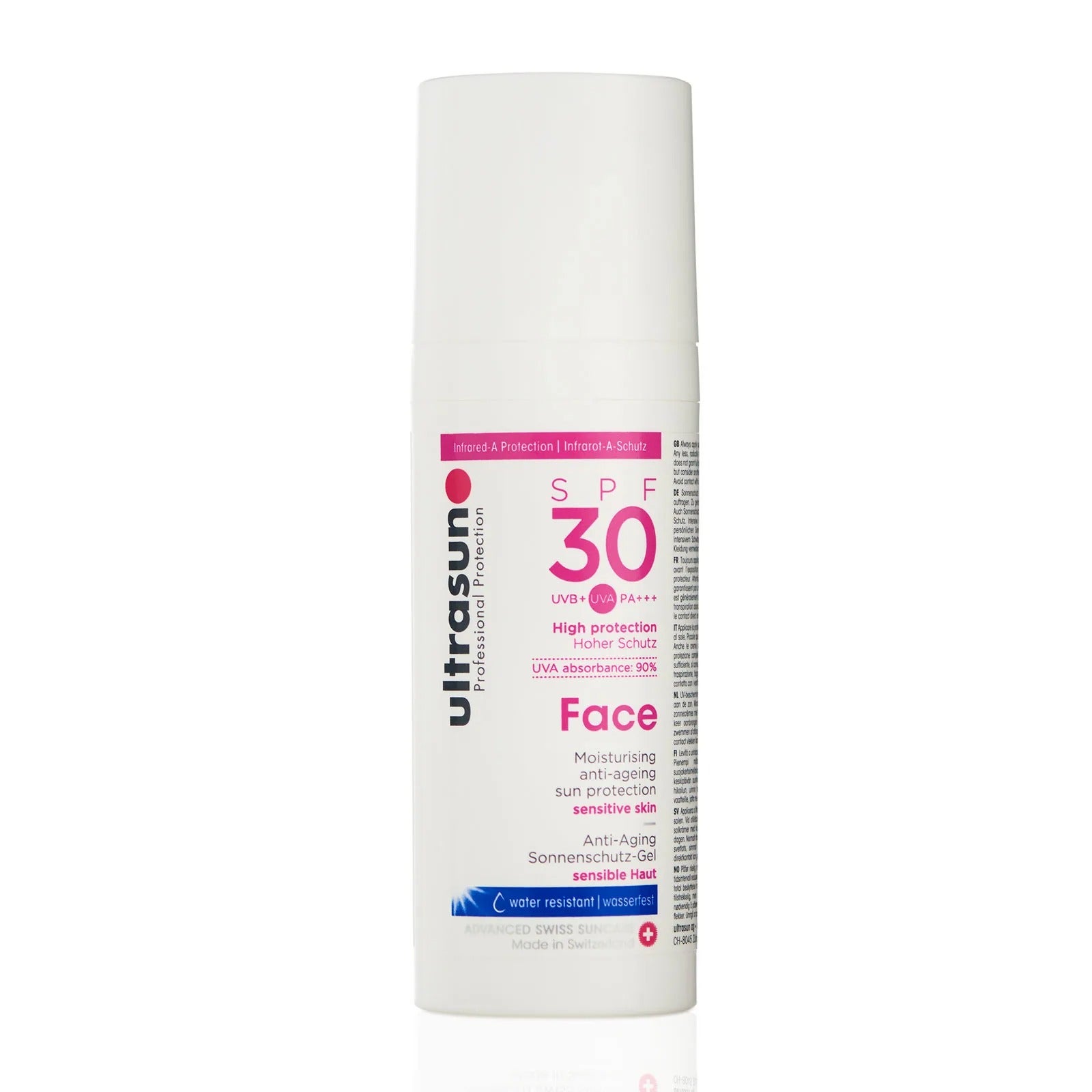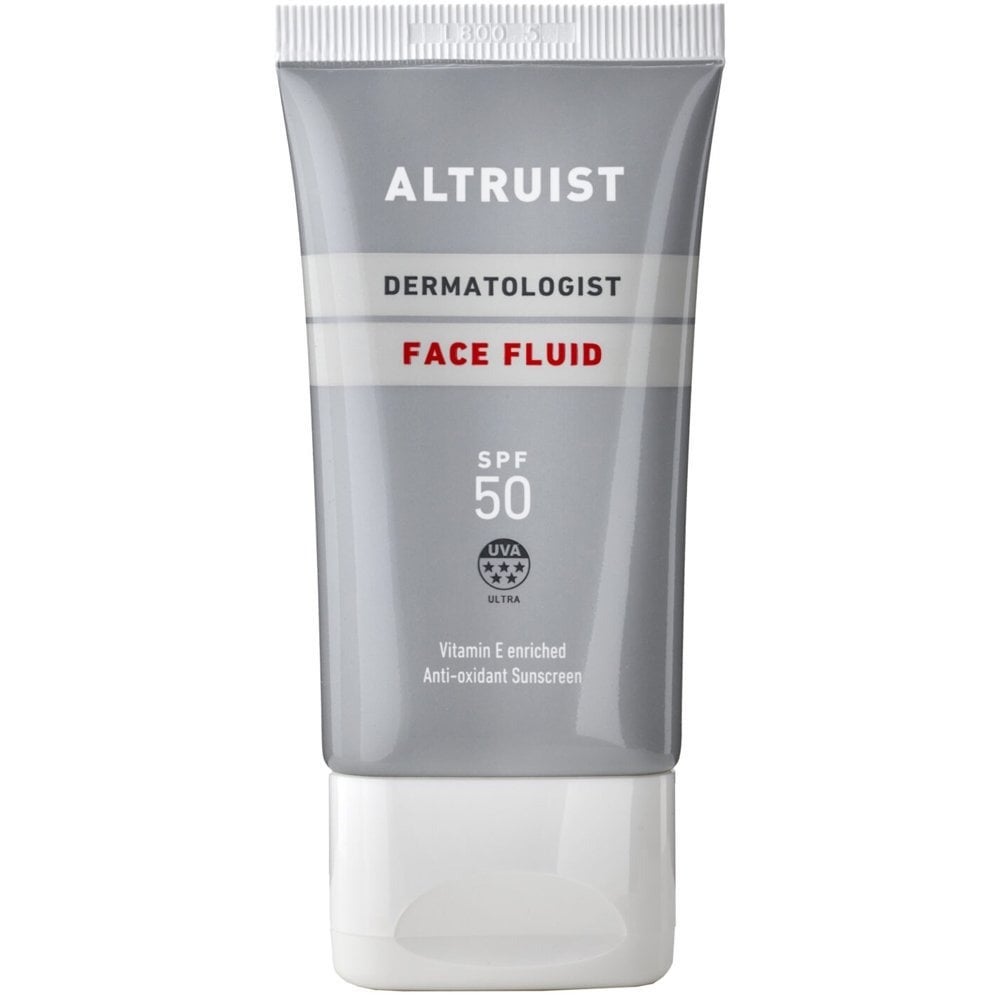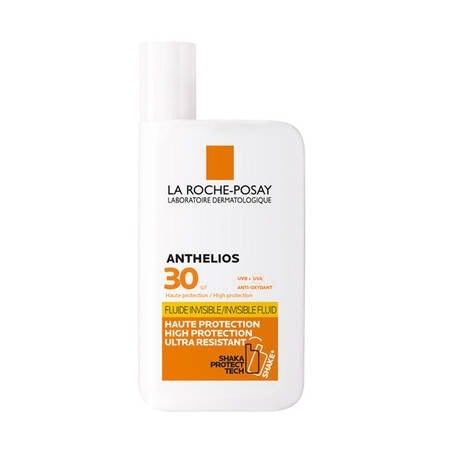Touted by experts as a non-negotiable game-changer in skincare, sunscreen has the ability to reduce your risk of skin cancer and sunburn, and prevent skin bugbears such as fine lines, wrinkles and hyperpigmentation. Wearing it on a daily basis sounds like a no-brainer but wrapping your head around the different varieties of sunscreen can be a bit of a minefield, especially when it comes to formulas.
If shopping for SPF has left you confused between products which are marketed as 'chemical', 'mineral', 'physical' or all three, you're not alone. But decoding them is the difference between a good sunscreen experience (undetectable, all-round protection) and one that might not work for your skin's specific needs.
AdvertisementADVERTISEMENT
What is the difference between a mineral and a chemical sunscreen?
"Mineral sunscreens contain the minerals titanium dioxide and zinc oxide," says Dr Kemi Fabusiwa, skin specialist and founder of Joyful Skin Clinic. "These two mineral ingredients sit on the surface of skin, reflecting the UV rays and preventing them from penetrating deep into the skin." Dr Fabusiwa mentions that mineral sunscreens are usually quite thick and white, making them more appropriate for drier skin types and those with lighter skin.
Mineral sunscreens are also sometimes referred to as 'physical' sunscreens because they provide a physical barrier between your skin and UVA and UVB rays emitted from the sun. Because of this, mineral sunscreens make good sun blocks, says consultant dermatologist Dr Hiva Fassihi.
Chemical sunscreens do not reflect rays. Instead, Dr Fabusiwa says they work like a sponge, absorbing UV light so that it doesn't cause damage to the skin cells. "Chemical SPF is therefore often more lightweight and so is more suitable for acne-prone skin," adds Dr Fabusiwa.
Is mineral sunscreen better than chemical sunscreen?
It's all down to personal preference, but there are a few things to know.
"For people of colour, a barrier to wearing mineral sunscreen is the dreaded 'white cast' which many leave behind," says Dr Fabusiwa. "Often, darker-skinned people choose to forgo sun protection rather than risk the greyish, purple 'ghostly' effect caused, but this can lead to worsening hyperpigmentation for the individual."
AdvertisementADVERTISEMENT
Chemical sunscreens are often invisible on the skin. "Chemical sunscreens are able to provide very high, broad-spectrum UV protection and are able to do this in lesser concentrations," says Dr Fabusiwa. "They can also be made in preparations that don’t leave behind a white cast, making them the preferred option for darker skin types."
That said, chemical sunscreens have the potential to be more irritating, especially for those with sensitive or allergy-prone skin, says Dr Fabusiwa. "More positively, chemical sunscreens usually contain antioxidants to help neutralise harmful free radicals emitted from the environment," such as pollution.
Can chemical sunscreen be absorbed through the skin?
"Some people think that chemical filters are dangerous or even poisonous as one or two studies mentioned that the skin absorbs them. But that’s not necessarily true," says Dr Fassihi.
Consultant dermatologist Dr Anjali Mahto seconds this and writes on Instagram: "A certain level of sunscreen absorption in the blood does not mean the ingredients are unsafe. They may pose no risk to human health at these levels and simply the presence of the chemical should not encourage fear. There are chemicals all around us and it is the dose that makes the poison, not simply its presence. The findings do not mean we should stop using sunscreens, it just means we do not have enough data at present to comment further on the results."
AdvertisementADVERTISEMENT
Dr Mahto goes on to say that if you are still concerned, making a choice to use a physical sunscreen containing titanium or zinc rather than a chemical version is about personal preference. "These have been shown in clinical studies not to penetrate the skin barrier," Dr Mahto adds.
What is the best chemical sunscreen?
Most of it comes down to personal preference but there are a number of beauty editor-approved chemical SPF favourites out there. Glossier Invisible Shield, £20, is a gel-cream formula that absorbs in seconds, makes skin glow and protects it from both UVA and UVB. Also try Kiehl's Ultra Light Daily UV Defense SPF50, £30, which absorbs instantly and doesn't leave behind any residue, and Supergoop! Unseen Sunscreen SPF30, £30, which hydrates, protects and doesn't clog pores.
What is the best mineral or physical sunscreen?
Again, it's all about what feels comfortable on your skin. Avoid heavy physical sunscreens, which could clog pores and cause breakouts or result in a thick white cast. Try Ultra Violette Lean Screen Mineral Mattifying SPF50, £34. It's great for sensitive and combination skin types prone to breakouts, and boasts antioxidants to shield skin further from the environment. Also try Bioderma Photoderm Mineral SPF50+, £16.50, and Avène Mineral Fluid SPF50+, £18.50.
AdvertisementADVERTISEMENT
What are the benefits of a sunscreen that combines mineral and chemical filters?
"To get the ideal formulation, try a combination of both physical and chemical filters," says Dr Fassihi. That way, you get the best of both worlds without the heavy, mask-like finish. Both Dr Fassihi and Dr Fabusiwa recommend La Roche-Posay Anthelios Ultra-Light Invisible Fluid SPF30, £18, which has UVA and UVB protection, and is non-greasy.
Also try Ultrasun Face Anti-Ageing Sun Protection High SPF30, £22. Brand founder Abi Cleeve chooses to formulate her sunscreen products with both filters to avoid one full physical barrier, which can be quite thick and coat the skin.
How often should you reapply mineral and chemical sunscreen?
No matter which type, both mineral and chemical SPF products should be reapplied every two hours, says Dr Fabusiwa. "This might sound like a big commitment but is essential for maximum protection. It’s also important to reapply both after excessive sweating or swimming, and be sure to remember ears, lips and eyelids."
Click here for the dermatologists' guide to sunscreen, including more of the most frequently asked sunscreen questions.
Refinery29's selection is purely editorial and independently chosen – we only feature items we love! As part of our business model we do work with affiliates; if you directly purchase something from a link on this article, we may earn a small amount of commission. Transparency is important to us at Refinery29, if you have any questions please reach out to us.
AdvertisementADVERTISEMENT







